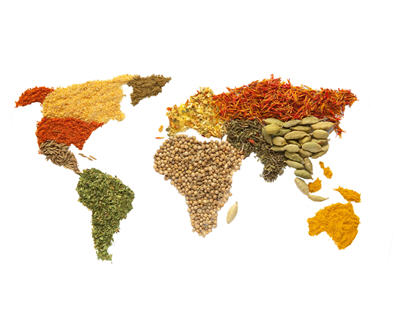Potash supply to exceed demand by 2020: report

Worldwide reserves of potash could surpass demand by 59% to 100% by 2020, says the latest report published by Rabobank, a by Netherlands-based global financial service.
The report, “Playing the Potash Field”, adds that the North American potash consortium Canpotex and its European counterpart BPC won’t sit back and watch while new players inject additional quantities of the fertilizer into the global market.
One of the key variables, according to Rabobank, will be the degree to which Brazil, India and China – collectively were responsible for 40% of total potash imports in 2011 – are prepared to endure uneconomic projects to secure supplies either domestically or by investing in overseas developments.
“In the end, it is mainly geopolitical and long-term strategic security parameters that justify such investments,” Rabobank analyst Dirk Jan Kennes said in a statement. “From a pure economics angle, many of these investments might render losses if prices come under pressure due to oversupply,” he added.
An additional issue is the ability of producers to secure financing for their mines, which is more of a problem for small players than for major ones, says Rabobank.
Although the institution doesn’t see this as a problem for the mining giants, it says it could affect the prospects of projects by smaller companies, many of which will struggle to secure financing for capital expenditures of at least $1,000 per tonne of capacity.
Number 1 not worried
Canadian Potash Corp (TSX & NYSE: POT), the world’s number one producer of the soil nutrient, doesn’t seem too worried about this outlook. The company has said multiple times that 2012 should be a record year for global potash fertilizer consumption, driven by growth in China, Brazil and South East Asia markets.
The potash giant said continuous improvement required in crop productivity and the need for nutrients for better crop yields, will support a strong global demand for the fertilizer, at least during this year.
Canada has one of the world’s largest supplies of potash in western Saskatchewan. The province expects potash royalties to bring in at least $705 million this year.
Thanks to its central role in the production of fertilizer and thus in food production, potash is one of the crucial ingredients of the world economy. Little known outside the commodities world until 2007, it got increased media attention when the price of agricultural commodities boomed, sparking fears over food security and highlighting the dominance of the market by two supply consortiums, Belarus’s BPC and Canadian group Canpotex.
{{ commodity.name }}
{{ post.title }}
{{ post.date }}




Comments